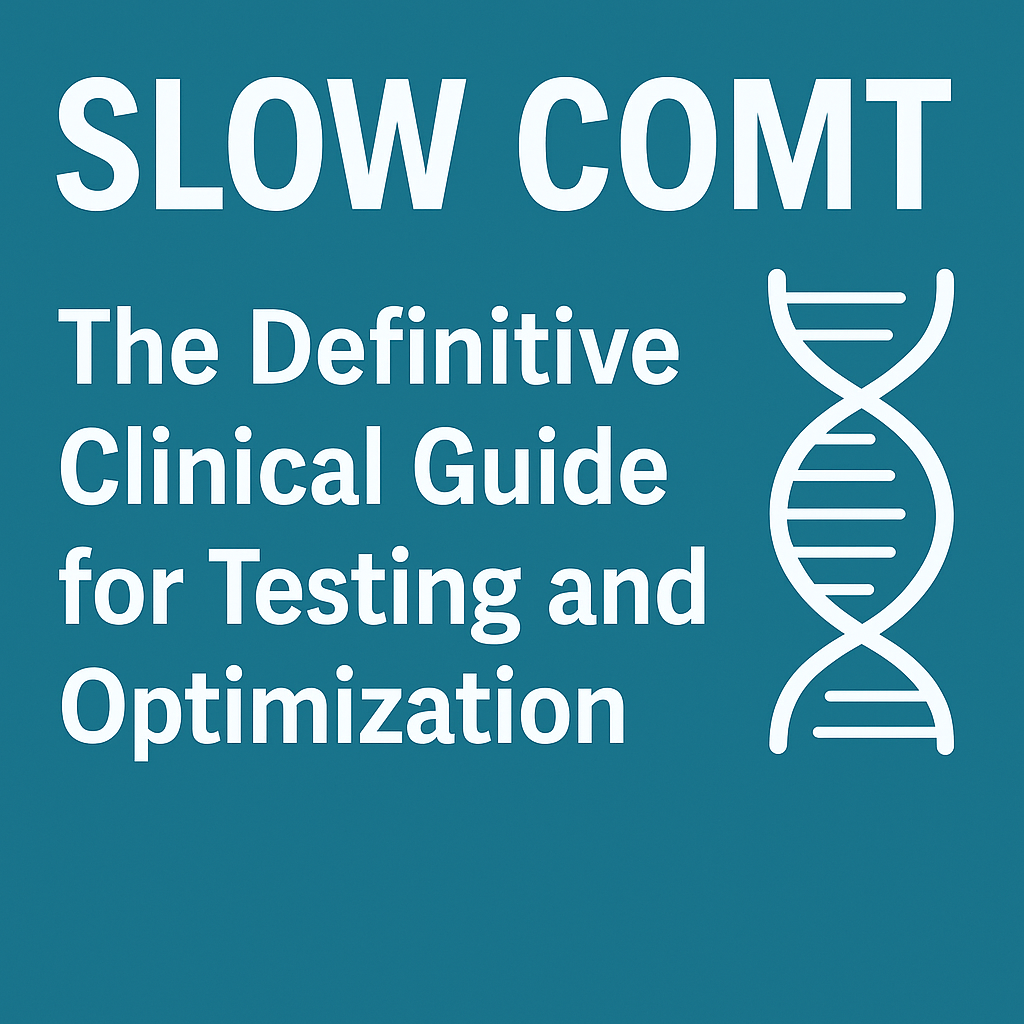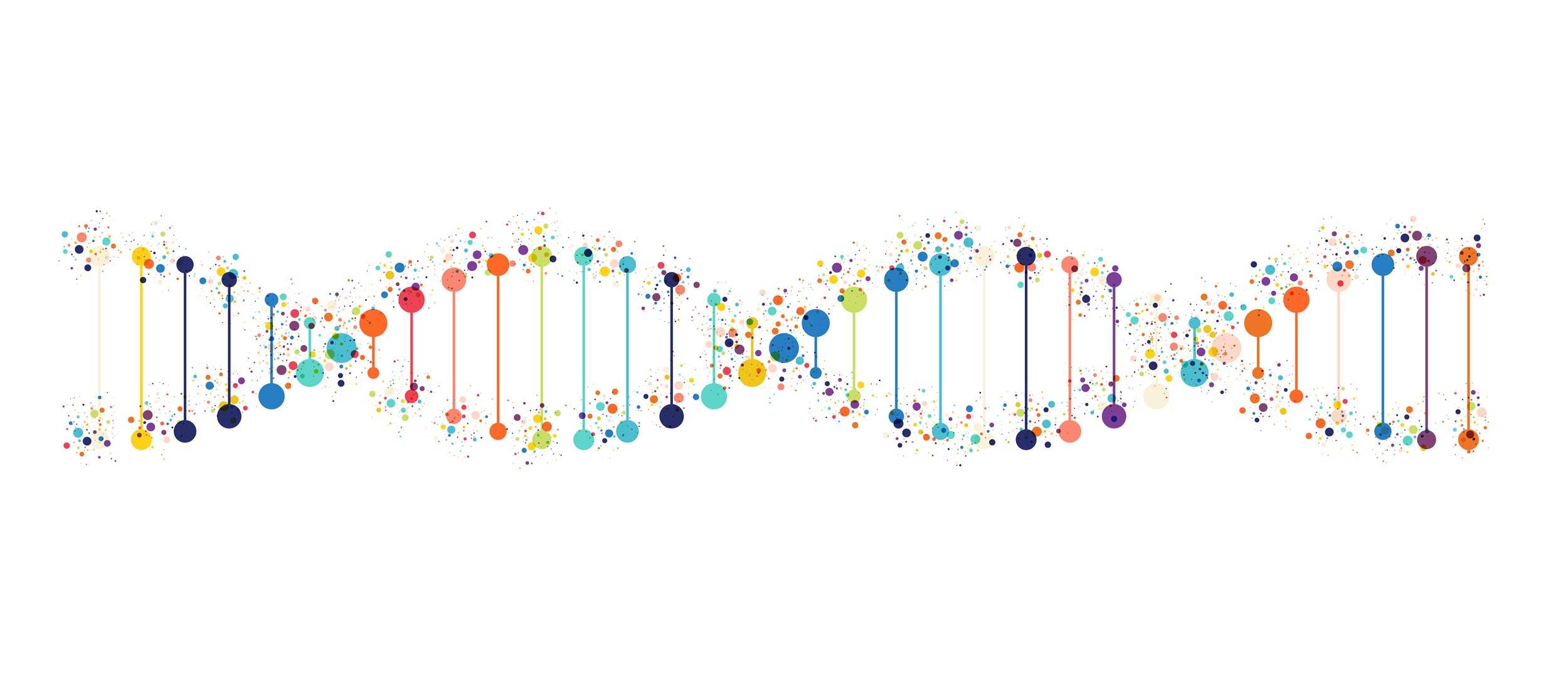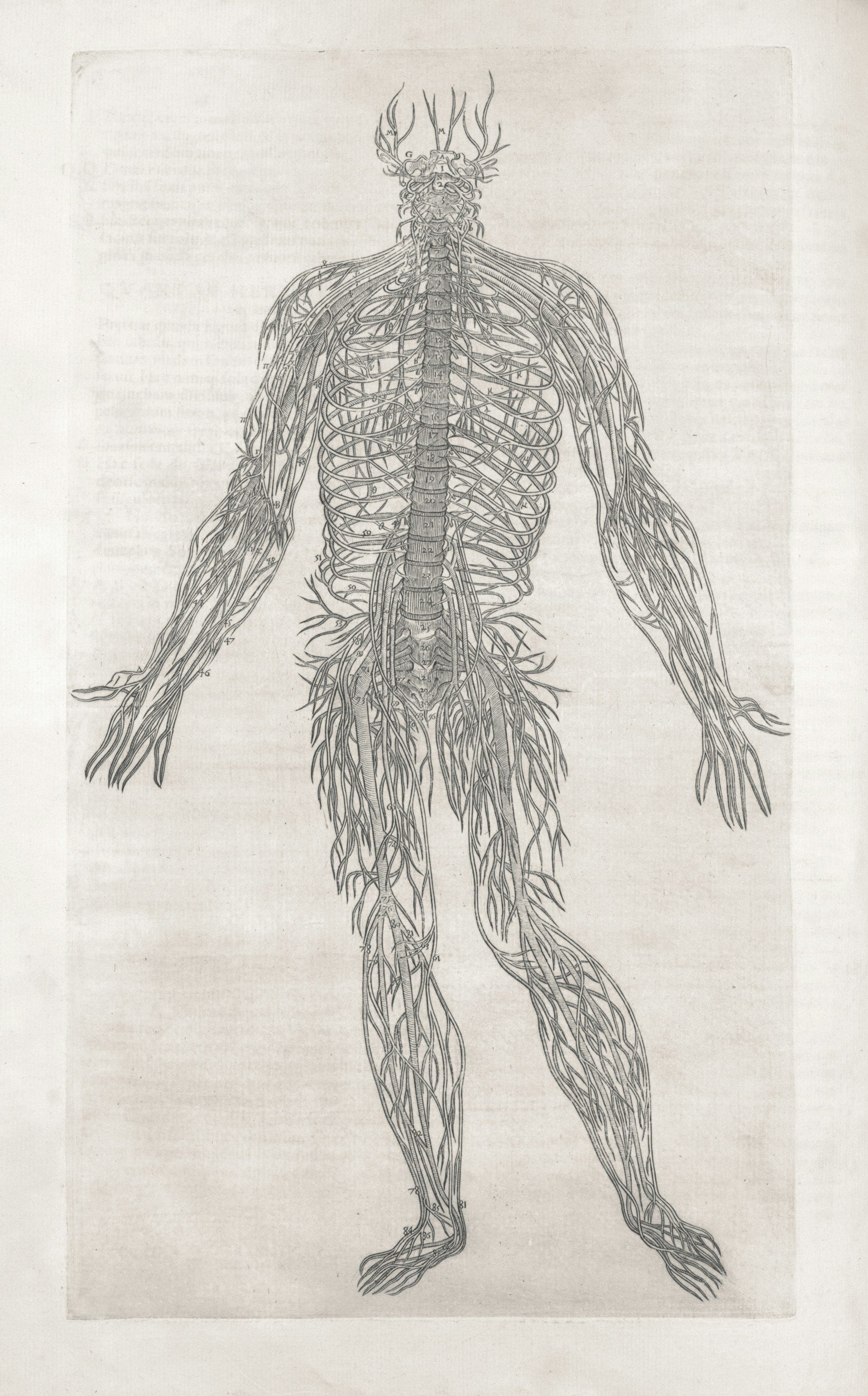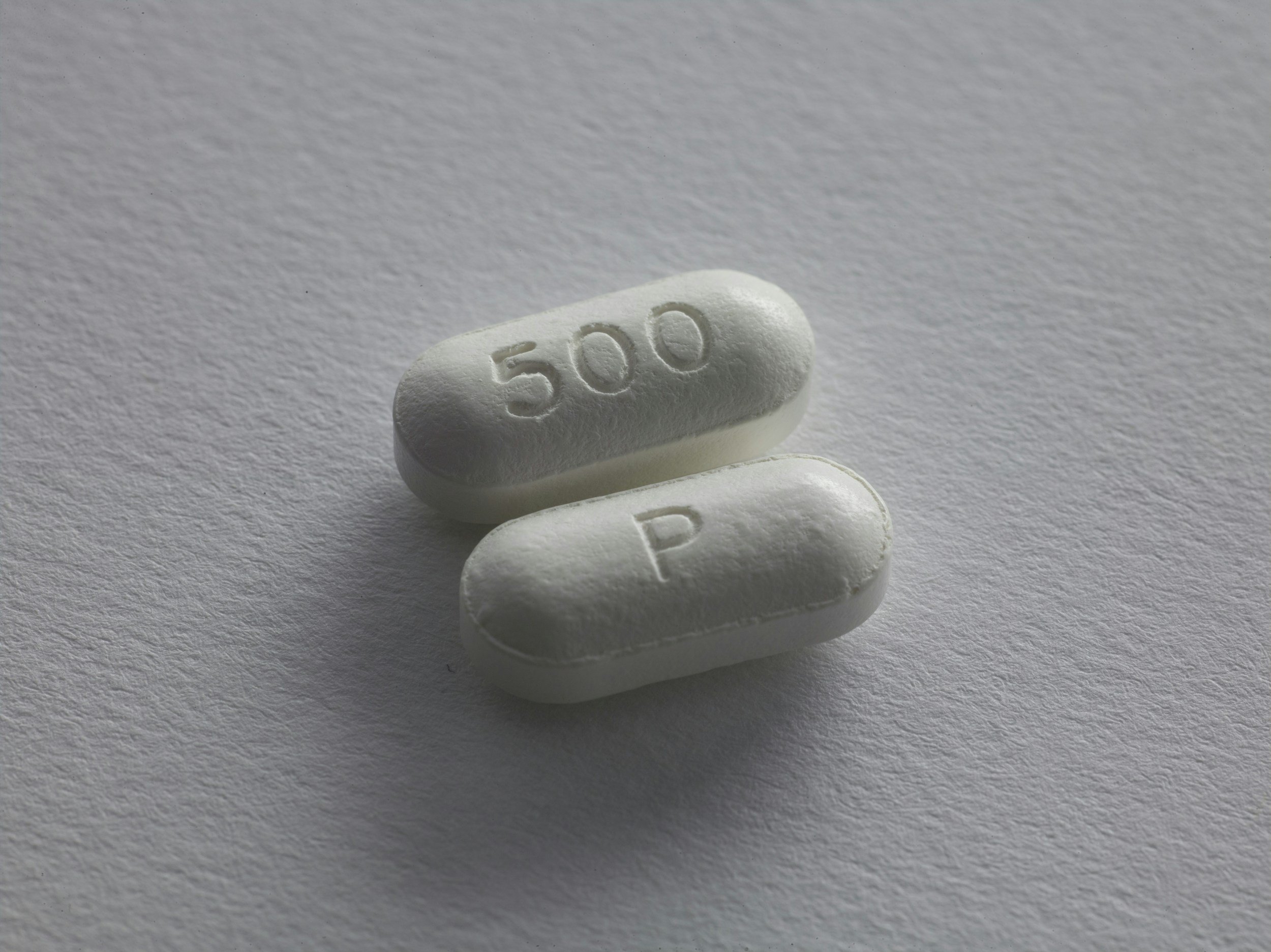New Offering
🧬
New Offering 🧬
$19.99/month
Full access to the Slow COMT Roadmap *plus* every protocol in the expanding Roadmaps to Health Platform—cancel anytime.
The Slow COMT ROADMAP
+ Roadmaps to Health
As an early registrant, you get free access to future updates.

Grace…

In this world of oil and steel…
In this world of oil and steel, man is useful only insofar as he can fan the flames.

Tylenol, Autism, and Pregnancy—The Safe Way to Take it to Avoid the Potential Risk
Recently, the FDA under the Trump administration took an initial step towards officially recognizing potential harms of Tylenol (acetaminophen, also called Paracetamol) supplementation during pregnancy.
The claim is that Tylenol has the potential to increase the risk of autism in the children of pregnant mothers who use it.

Slow COMT: The Definitive Clinical Guide for Testing and Optimization
Slow COMT is a biochemical variant that can profoundly shape mood, stress tolerance, and even how you respond to vitamins or caffeine. If you’ve ever felt “tired but wired”— exhausted in body yet racing in mind—or found that B vitamins and coffee make you jittery and anxious, the slow COMT gene variant is very likely the hidden key.
In this comprehensive guide, we’ll show you clearly what COMT is (and the famous Val158Met polymorphism), how to identify a slow variant in your genetic data, and, most importantly, how to optimize your lifestyle and supplementation to feel better.
We’ll also highlight what to avoid (yes, there are “healthy” supplements that can backfire for slow COMT-ers). By the end, you’ll have a reasonably clear plan for managing a slow COMT.

What Supplements Should I Take for Histamine Intolerance
Histamine intolerance can cause migraines, fatigue, gut problems, and skin reactions—without showing up on allergy tests. Here’s how to identify it, and what supplements can help you get relief without falling into common traps.

Should You Take Boswellia If You Have Slow COMT?
Boswellia is derived from the resin of a tree that's common through certain parts of Asia and Africa. People commonly use it for inflammatory issues, but I'm going to try to address whether this herb has any use and or harm for people with slow COMT variants specifically.

Slow COMT: The Ultimate Clinical Guide to Symptoms, Patterns, and Root Causes
Slow COMT function affects how the brain and body clear dopamine, norepinephrine, and estrogen—contributing to anxiety, fatigue, supplement intolerance, and poor sleep. This guide explains the full range of symptoms, why they’re often missed, and what works to stabilize those biochemical pathways.

What Supplements Should You Take if You Have a COMT Mutation?
Generally speaking, if you have a “mutation” in this gene, what that really means is that you have an under-functioning polymorphism that is less effective at breaking down dopamine, estrogen, and other metabolites…

Supplements to Avoid with a Slow COMT
As you may remember from our previous articles, catechol-O-methyltransferase (COMT) is an enzyme that breaks down catecholamines (most relevantly, dopamine), undesirable forms of estrogen, and other toxic substances in the body…

The Complete Guide to Vitamin B6 Toxicity Symptoms—Even Without Supplements
Vitamin B6 toxicity doesn’t just happen to people taking megadoses. Tingling feet, insomnia, anxiety, heart palpitations, and mysterious nerve symptoms can appear even at low daily intakes—sometimes without any supplements at all. This guide breaks down the full spectrum of B6 toxicity symptoms, from subtle sensory changes to life-altering neurological dysfunction, and explains why “normal” blood levels and doses may not be safe for everyone.

Why Vitamin B6 Toxicity Can Happen at Just 2 mg Per Day (And What It Means If Your B6 Level Is High Without Supplements)
Even doses of vitamin B6 as low as 2 mg per day—commonly found in multivitamins—have triggered severe nerve symptoms in genetically or metabolically susceptible individuals. This article walks through the science, symptoms, and lab patterns behind B6 overload without high-dose supplementation.

B6 Toxicity Without Supplements: What It Means and Why It Happens
Can You Get B6 Toxicity Without Supplements? And what causes it?
Yes, you can. B6 toxicity without supplements occurs when plasma pyridoxal-5′-phosphate (PLP) rises due to impaired metabolism, poor clearance, cofactor imbalances, subtle genetic deficits, insidious overconsumption, and more. And it’s much more common than most clinicians realize. This often leads to symptoms like tingling, anxiety, or autonomic dysfunction, even in the absence of any direct B6 supplement use. Here’s what causes it and what to do about it:

The Biochemical Reality of B6 Toxicity, Neuropathy, and Functional Overload
Vitamin B6 is everywhere—multivitamins, B-complexes, prenatal supplements, even hydration powders. It’s recommended for everything from PMS to anxiety to neuropathy. But for a growing number of people, it’s making things worse.
Burning feet, vivid dreams, facial tension, and inexplicable panic episodes aren’t random—they’re often early signs of B6 overload. This isn’t a simple case of “too much of a good thing.” It’s a genuine biochemical derailment that can mimic everything from MCAS to mold illness.
In this article, I’ll walk you through the actual physiology of B6 sensitivity—why standard blood tests are misleading, why P5P (i.e. PLP) often worsens symptoms, and what it really takes to recover. This is for the people who were told B6 was safe and now cannot sleep, think, or feel like themselves.
~ Dr. Malek

The Slow COMT Roadmap
Dear Slow COMTer,
The goal of this roadmap is to give you the most direct, straightforward, actionable slow COMT plan possible.
If you've already run genetic testing (like 23andMe or AncestryDNA), you may want to confirm that you're carrying the COMT V158M variant, especially the homozygous (Val/Val) or heterozygous (Val/Met) form, though the latter is less of a concern unless you have symptoms associated with slow COMT.
This roadmap assumes you do, and that you’ve either seen classic symptoms

How to Prevent Cataracts: A Biochemically Precise, Evidence-Based Guide
Cataracts are Ubiquitous, But Not Inevitable
Cataracts are, by far, the number one cause of blindness globally.
According to the World Health Organization, around 94 million people are affected by cataracts, and in the USA, around 70% of people over age 75 have cataracts.
Getting cataracts is extremely likely. But this overwhelming likelihood does not mean that one must resign oneself to such inevitability. It is possible to delay (and sometimes prevent—over the course of a normal human lifespan) significant cataract development.
But doing so requires targeted effort (and I do mean real effort), far beyond the usual “wear sunglasses and hope for the best.”

When Prenatal B6 Backfires: How Morning Sickness Supplements Can Paradoxically Make You More Tired
70–80% of pregnant women experience the nausea and/or vomiting of morning sickness, with the severe form—hyperemesis gravidarum—affecting as many as 1 in 50.
B6 is very commonly prescribed worldwide for such morning sickness. It’s considered by many doctors and regulatory agencies to be the first-line agent, often prescribed as a mixed B6 + doxylamine and in dosages often up to 100 mg per day total.
ACOG, for example—a major medical regulatory agency—recommends 10-25 mg B6 three to four times daily, taking you close to that 100 mg per day.
That’s a lot of B6.

Which Form of B6 Do You Need? A Simple At-Home Test
I want to start this article by immediately making it clear that not everyone requires supplemental B6. This is a very common mistake—and not an innocent one either.
Taking B6 when you don’t need it can lead to “toxicity” symptoms (for the record, I don’t agree with the mainstream understanding of B6 “toxicity” and absolutely believe it can be reversed much more quickly and effectively than by simply “waiting it out” and supporting hydration/vasodilation—the prevailing approach—but that’s another story).
Those “toxicity” symptoms generally begin as neuropathy, like the kind you get with diabetes: tingling in your toes and so on.
But some people absolutely do need B6 supplementation…

Are Your Supplements Really Causing Cancer?—Taurine on Trial
“Common Ingredient in Energy Drinks May Increase Risk of Cancer”
”Ingredient in Energy Drinks Linked to Blood Cancer Risk”
You’ll have seen popular new outlets blaring these titles over the last several days. I’d like my readers to know that these titles are entirely misleading and potentially even harmful.
Yet another article is titled:
“This popular drink may increase the risk of blood cancer, warn doctors”
I, for one, am not of those “doctors.”

What Medicine Has Forgotten…
Something's been on my mind lately, and I wanted to share it with you all:
What is it that really plagues the medical field today? What makes the medical field so endlessly incapable of truly healing, rather than just keeping people locked into a self-perpetuating system?

Trapped Neurotransmitters: How Iron Deficiency Overloads a Slow COMT Brain
Why Anxiety, Insomnia, and Fatigue May Come from Hidden Iron-Based Catecholamine Overload: “Wired but Tired” Syndrome.
A surprisingly common scenario these days: anxiety, poor sleep, feeling overstimulated yet exhausted, "wired but tired," and daytime fatigue despite restless nights.
